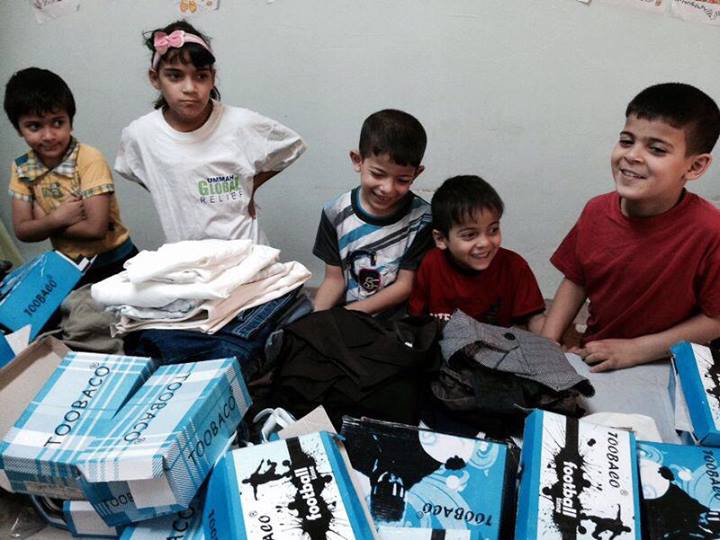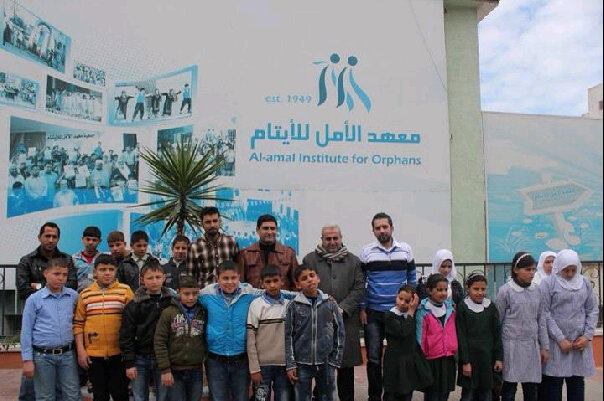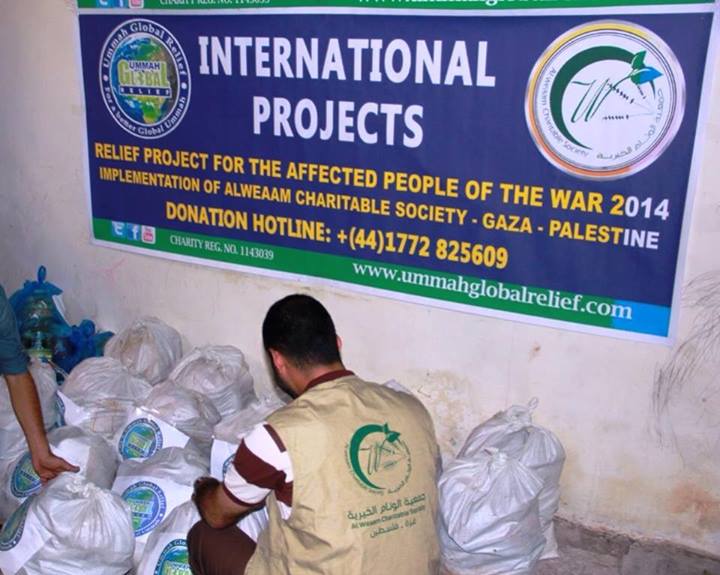Ummah Global Relief: There are two kinds of deviant sects. The first kind are those sects which deny essential principles of Islam. Those are outside the limits of this religion and are considered disbelievers. The second kind are those sects which differ with mainstream Sunnites on certain basic issues, without exceeding the general boundaries of Islam. Sunnites, out of their forgiving spirit toward other sects, only exclude from the benefits of zakah sects classified as disbelievers, and allow giving zakah to all Muslims regardless of any sectarian classification.47 Obviously, the more righteous in deed and creed is preferred. In contrast, other sects are generally strict about distributing zakah only inside their own sects, Ja’fari Shi’ites quote their Imam as saying, “Do not give sadaqah and zakah but to your peers.” The only exception of this rule they make is giving for reconciliation of hearts. In his Fiqh al Imam Ja’far, Mughniyah states that “zakah must only be given to individuals within the sect, while voluntary charities may be given to any person who is in need.”48
Fiqh al Zakah (Vol. II), Dr. Yusuf al Qardawi – Ummah Global Relief
In al Hada’iq, al Bahrani says a man came to Muhammad al Baqir and said, “May the mercy of God be upon you, take from me these five hundred dirhams and spend it where it belongs. It is the zakah of my wealth.” Al Baqir answered, “You take it and give it to your needy and orphaned neighbors and your Muslim brethren.”49 This indicates that al Baqir does not preach any discrimination and believes brotherhood in Islam is above all other considerations.
Abadis do not totally agree as to whether zakah may be given to Muslims who do not subscribe to their school of thought. Some of their jurists permit giving zakah to any poor person, as long as he is not known to differ with their view. Some even allow giving zakah to people who belong to opposing schools of thought.50 As for Zaidis, they forbid giving their zakah to certain deviating sects.
Some of our predecessors believed zakah must be given on the sole criteria of need and poverty, with no other questions asked. Ibn Abi Shaibah reports that Fudail asked Ibrahim about giving zakah to deviating people. He said, “Our ancestors asked nothing except about poverty.” This is the opinion of al Mu’ayad Yahya, and al Shafi’i are reported to forbid helping individuals whose wrongdoing harms Muslims or the Islamic state, such as those who fight Muslims.51
Ummah Global Relief












